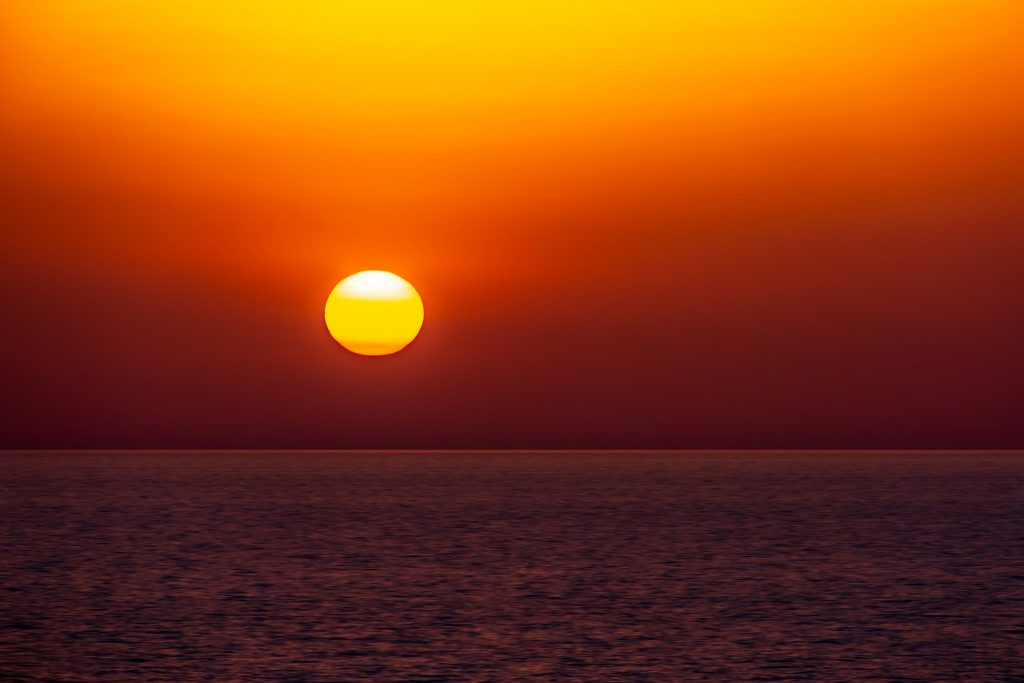Summer is almost over… and how

There was a time when in summer driving in the hot scorching afternoon sun was somehow a relaxing experience despite having no aircondition, for the simple reason that roads used to be deserted. Back then in the afternoon traffic would go in hibernation and the majority of the population enjoy an afternoon siesta, or spend some hours at the beach in a quiet spot.
This was Malta’s reality until the turn of the century when life started what many fear was an irreversible change as part of a restructuring plan to increase capacity for tourism and boost economic growth.
More than 20 years down the line, we are realising that this growth was mainly in numbers, consumption and stress levels.
Did you ask yourselves how many times you have been at the beach this summer? And if you manage to make it, what are the possibilities of finding a quiet spot for yourself? How feasible is it to get your own chairs and umbrella, without ending up in a turf war with a seaside operator whose encroachment permit leaves little or no room for Joe citizen?
To top it off, there is nothing more frustrating than having to spend hours stuck in traffic on a Sunday evening to the point that when you finally make it home you feel more tired and stressed out than ever. Unfortunately, we have reached a stage whereby it is becoming harder to wind down as the hassle to venture outdoors is turning such experience into an ordeal. The infamous power cuts and the waste collection crisis have contributed to turn this season into a cruel summer.
This is not a nostalgic rant. This is just the feeling of the majority of the people who can either afford to go abroad in a luxury resort nor go out at sea with their yacht. The roots of the problems are both the sharp population increase as a result of the increasing reliance on cheap labour by third country nationals, and the tourism industry based primarily on numbers. Faced by a serious risk that Malta’s infrastructure might collapse under the sheer weight of these numbers, the government could be coming to its senses. Home Affairs Minister Byron Camilleri has reportedly said that government has embarked on a series of measures to limit third country nationals. After all, unlike for EU nationals, Malta retains the right to control its borders. Hence, there is still chance to make amends for the situation. To date however, such statement needs to be followed by action.
Meanwhile, government is sending mixed messages. This sentiment emanates from certain government exponents who are seemingly in denial about these problems and justifying the status quo on the strength of certain statistics such as economic growth. The measure of success, however, should not be just a mathematical exercise but one which takes into consideration the quality of life, work-life balance, purchasing power and leading a healthy lifestyle. If these had to be the indicators of economic growth, the overall picture would be rather different. This is why we need to do away with the superficial headlines based on figures, as taking a snapshot of reality requires a more thorough assessment.
